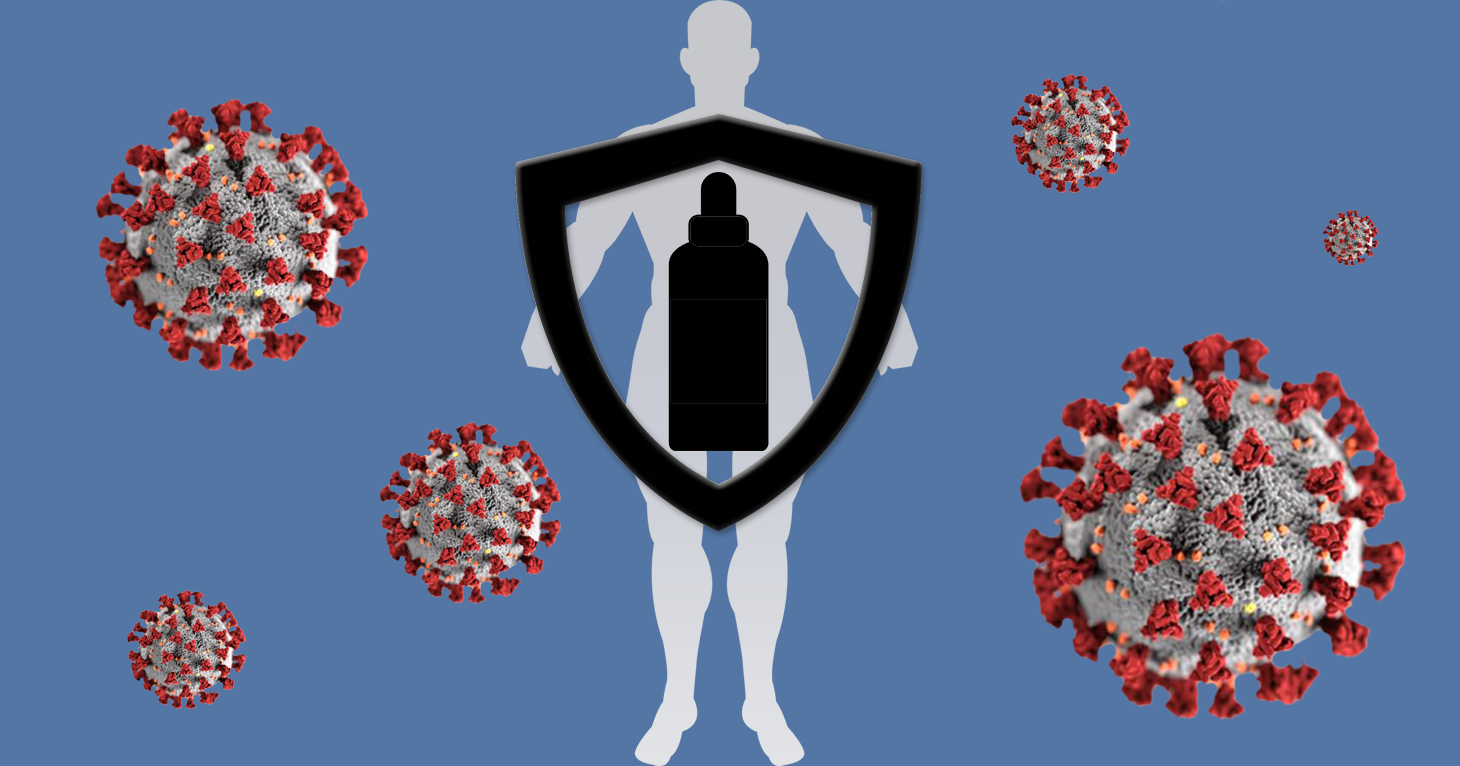
Best Reader Tips of 2021
This year reader tips led to dozens of ad alerts, as well as a complaint to regulators.
In the context of the coronavirus, immunity-boosting claims are a giant red flag.
WHAT’S UP
It is no secret that people with weakened immune systems are among those highest at risk of becoming seriously ill or dying from the coronavirus. You hear it on the news, read it online. Naturally, you wonder if you should be doing something to boost your own immune system. To which a growing chorus of marketers say: Take our product! But in the context of the coronavirus, such immunity-boosting claims are a red flag.
HOW WE GOT HERE
There is no cure for the coronavirus and a vaccine is months — if not years — away. Earlier this week, the White House coronavirus task force projected that as many as 240,000 Americans could die from the virus, even with interventions like social distancing. Such a sobering statistic may compel consumers — who are stuck at home observing public health officials’ guidelines with lots of free time on their hands to listen to the radio, watch TV or browse the web — to do something, even if that something is purchasing an unproven “immune booster.”
THE MARKETING PITCH IN QUESTION
Everyone from the founder of a supplement company to a top-earning multilevel marketing distributor to six-time Super Bowl champion Tom Brady has claimed in the last few weeks, as coronavirus cases in the U.S. have soared to the highest of any country in the world, that their supplements boost or enhance the immune system.
In each of these examples, the connection to the coronavirus is obvious. The disease doesn’t even need to be mentioned by name. It’s already on everyone’s minds. If there were any doubt about Brady’s intentions, the same day the star QB posted the Instagram story seen above, he uploaded a video promoting the TB12 “immunity boost gameplan,” wishing his followers in the caption to “Stay healthy, stay safe!”
In other words, context matters. It’s the difference between a structure/function claim, which does not require FDA approval, and a disease-treatment claim, which does. Or, as the FDA’s sister agency, the FTC, puts it:
Depending on how it is phrased, or the context in which it is presented, a statement about a product’s effect on a normal “structure or function” of the body may also convey to consumers an implied claim that the product is beneficial for the treatment of a disease. If elements of the ad imply that the product also provides a disease benefit, the advertiser must be able to substantiate the implied disease claim even if the ad contains no express reference to disease.
Given the already questionable health benefits of taking supplements and the fact that these products are not reviewed for safety and efficacy before they are sold (along with the reality that there is no vaccine to prevent the coronavirus), any supplement touted as an “immune booster” or an “immune enhancer” is not likely to be proven effective in preventing, treating or curing the coronavirus.
But it’s not just supplements. Among the more than a dozen companies targeted in a recent FDA/FTC crackdown on unapproved coronavirus claims was NeuroXPF, which claimed on its website that while “scientists around the world” race to develop a coronavirus vaccine, its CBD products “strengthen your immune system,” according to a warning letter to the company. Essential oils sellers are also using immunity-boosting claims to peddle their products on YouTube.
“There are a lot of products that tout immune boosting properties, but I don’t think any of these have been medically proven to work,” Dr. Krystina Woods, director of infection prevention at Mount Sinai West in New York City, told The New York Times last month. “There are people who anecdotally say ‘I felt great after I took’ whatever. That may be true, but there’s no science to support that.”
WHAT’S NEXT
While there are things that doctors say you can do to boost your immune system — such as eating a diet rich in vegetables, fiber and whole grains, getting more sleep and drinking less — taking supplements isn’t generally one of them.
Find more of our coverage on the coronavirus here.
This year reader tips led to dozens of ad alerts, as well as a complaint to regulators.
Supplement MLM takes down dozens of deceptive claims following TINA.org investigation.
TINA.org files brief urging court to deny final approval of settlement that is unfair to consumers.


